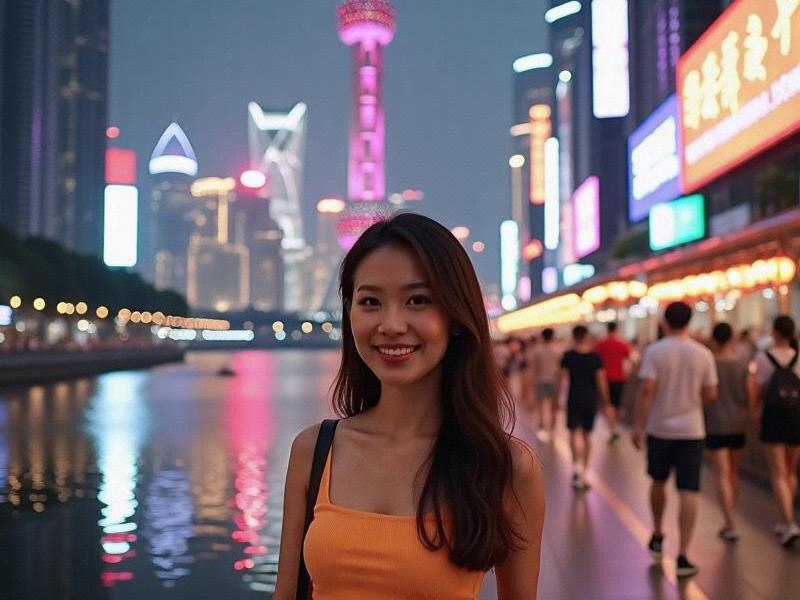
The Shanghai Paradox: How Tradition Fuels Disruption
At 3:47 PM on an unremarkable Tuesday, in a converted silk warehouse along Suzhou Creek, a team of 26-year-old AI researchers debate neural network architectures while sipping tea from Ming Dynasty replica cups. This juxtaposition captures Shanghai's unique position in 2025—a city where respect for history accelerates rather than hinders technological ambition.
I. The Innovation Geography
• Quantum Valley East: 47 research institutes along Zhangjiang High-Tech Park
• FinTech Alley: 19 blockchain startups per square kilometer in Lujiazui
• Maker Water Towns: 6 ancient canal communities retrofitted with fab labs
• Biomedical Crescent: $14B investment in gene-editing facilities near Hongqiao
上海贵族宝贝自荐419 II. The Cultural Advantage
• Tea House Incubators: 32 traditional spaces repurposed for tech meetups
• Calligraphy Coding: Programming schools incorporating ink brush techniques
• Opera-Tech Fusion: Peking opera performances explaining quantum principles
• Museum Hackathons: Cultural relics inspiring AI solutions
III. Startup Ecosystem by Numbers
• 3,847 foreign-founded tech companies (up 289% since 2020)
• $28 billion in venture capital deployed last year
上海贵人论坛 • 19% of global AI patent applications originate in Shanghai
• 42 unicorns headquartered along the Huangpu River
IV. Urban Design Innovations
• "Courtyard Clusters": Historic siheyuan housing tech co-working spaces
• Floating Data Centers: Server farms on solar-powered barges
• Vertical Farm-R&D Hybrids: 18 skyscrapers combining agriculture with labs
• Smart Canal Network: Ancient waterways monitoring urban climate data
爱上海同城对对碰交友论坛 V. The Global Talent Magnet
• 289,000 foreign tech workers (largest concentration outside Silicon Valley)
• 47 international schools specializing in STEM-Shanghai fusion curricula
• "Cultural Onboarding" programs helping expats decode Shanghainese business norms
• 92% retention rate for overseas PhDs at local research institutions
Urban theorist Dr. Lin Yao explains: "Shanghai demonstrates that technological leadership doesn't require erasing history. The city's cultural confidence creates an environment where radical innovation feels organic rather than disruptive—this is its competitive edge."
As Shanghai prepares to host the 2025 Global Innovation Summit, the world watches closely. The "Shanghai Model" of development—simultaneously futuristic and nostalgic—challenges conventional wisdom about what it takes to build a 21st-century powerhouse. In an age where cities compete to be either the most technologically advanced or the most culturally authentic, Shanghai insists on being both.
